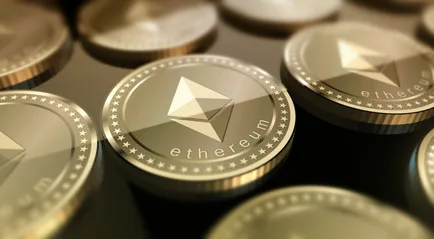

Those of you who may have read my earlier postings would have seen an article on smart contracts. ERC20 tokens are an essential part of that system.
Here's an article that provides a beginners guide to that subject and was written by Tim Falk and Updated on Dec 17, 2020;
"A token is a type of cryptocurrency which can be created by anyone, without the need for much technical know-how or skill. This is one of the reasons there are so many cryptocurrencies on the market – tokens have enabled almost any brand, company or idea to make their own in a matter of minutes. ERC20 is a technical standard for tokens issued on the Ethereum blockchain. ERC20 tokens aren’t too complicated, let us explain them to you.
Since its launch in 2015, Ethereum has become one of the driving forces behind the growth of cryptocurrency. Initial coin offerings (ICOs) have raised billions of dollars in funding for crypto projects from all around the world, and most of these ICOs are based on the Ethereum platform. Buyers contribute Ether (ETH) or bitcoin (BTC) to participate in a crowdfunding sale and in return receive some of the ICO project’s native tokens.
Just like bitcoin, Litecoin and any other cryptocurrency, ERC20 tokens are blockchain-based assets that have value and can be sent and received. The difference is that instead of running on their own blockchain, these tokens are issued on the Ethereum network. This means they’re hosted by Ethereum addresses and are sent using Ethereum transactions.
Want to know why they’re called ERC20 tokens? The “ERC” stands for “Ethereum Request for Comments”, which is an official protocol used to propose improvements to the Ethereum network. The “20” is the unique ID number used to identify the proposal.
Many crypto newcomers are surprised to discover just how prevalent ERC20 tokens are. Take a look at a list of the top 100 digital currencies by market cap, and you’ll see plenty of well-known currencies that use the ERC20 standard. At the time of this writing (May 2018), these include the following:
However, it’s worth noting that some of these currencies, such as VeChain (VET), were initially issued as ERC20 tokens but will soon be swapped for native currencies following the launch of their own blockchains.
